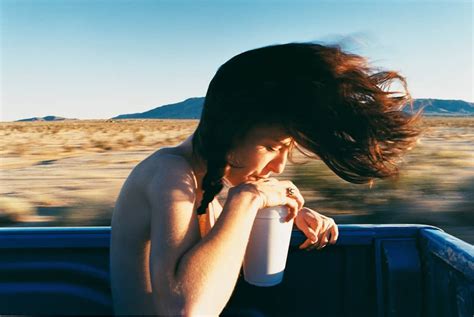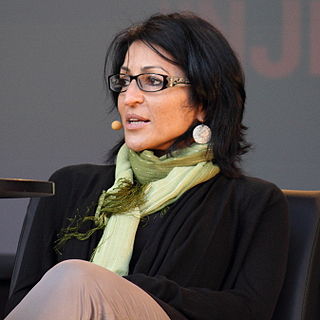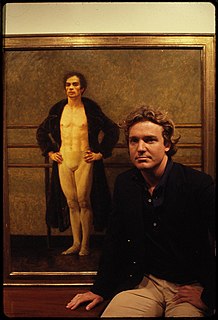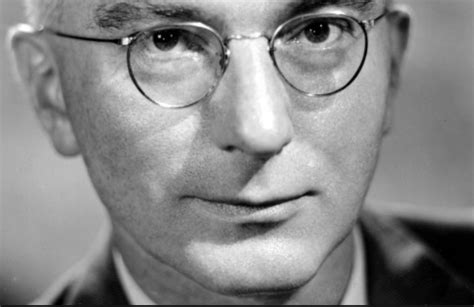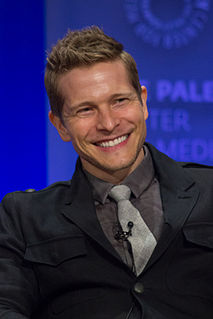A Quote by Jawaharlal Nehru
You don't change the course of history by turning the faces of portraits to the wall.
Related Quotes
To a person uninstructed in natural history, his country or sea-side stroll is a walk through a gallery filled with wonderful works of art, nine-tenths of which have their faces turned to the wall. Teach him something of natural history, and you place in his hands a catalogue of those which are worth turning around. Surely our innocent pleasures are not so abundant in this life, that we can afford to despise this or any other source of them.
In college, all my friends were graffiti writers, but I never wrote graffiti. I wanted to participate and do something cool on the street, so I'd make these portraits of people. I'd isolate them on a white wall, make a silkscreen of it, and do these portraits in bathrooms and all around. That's how I started the Polaroids.
Over the objections, where they sound like squealing pigs, over the objections of Romney and all his allies, we passed some of the toughest Wall Street regulations in history, turning Wall Street back into the allocator of capital it always has been and no longer a casino. And they want to repeal it.
In a very literal way, of course, Shakespeare did change the course of history: when it didn't fit the plot he had in mind, he simply rewrote it. His English histories play fast and loose with chronology and fact to achieve the desired dramatic effect, re-ordering history even as it was then understood.
Art may not have the power to change the course of history, but it can provide a perspective on historical events that needs to be heard, even if it's seldom heeded. After all the temporary influences that once directed the course of history have vanished, great art survives and continues to speak to each generation.


